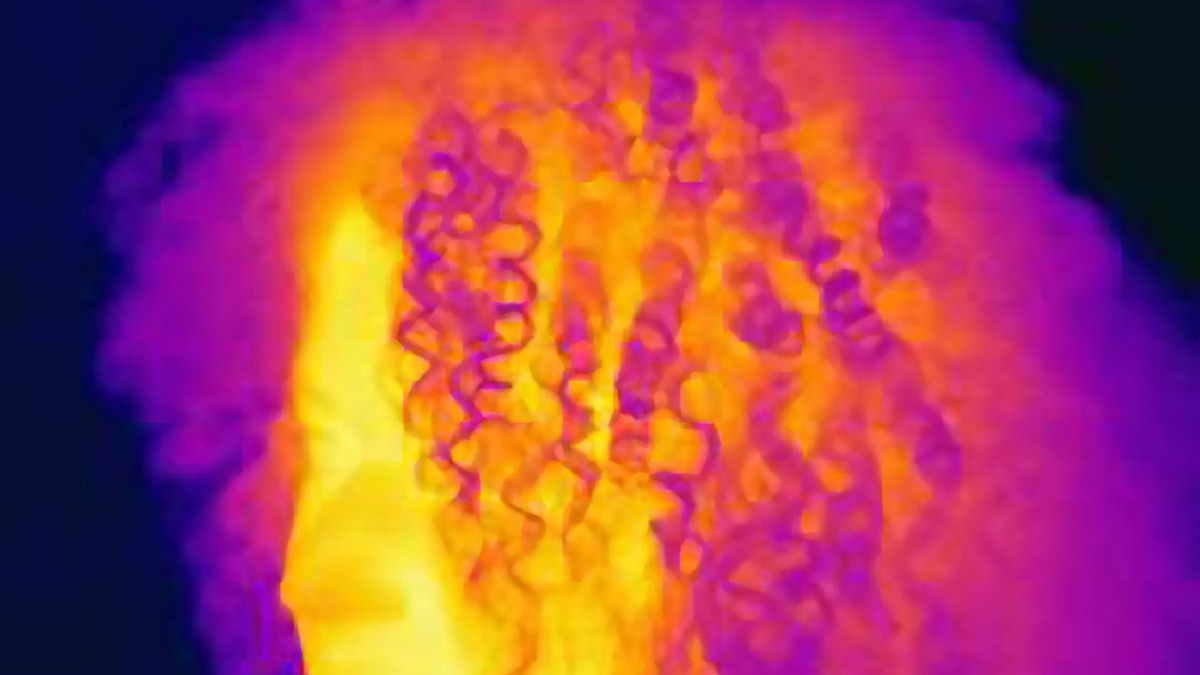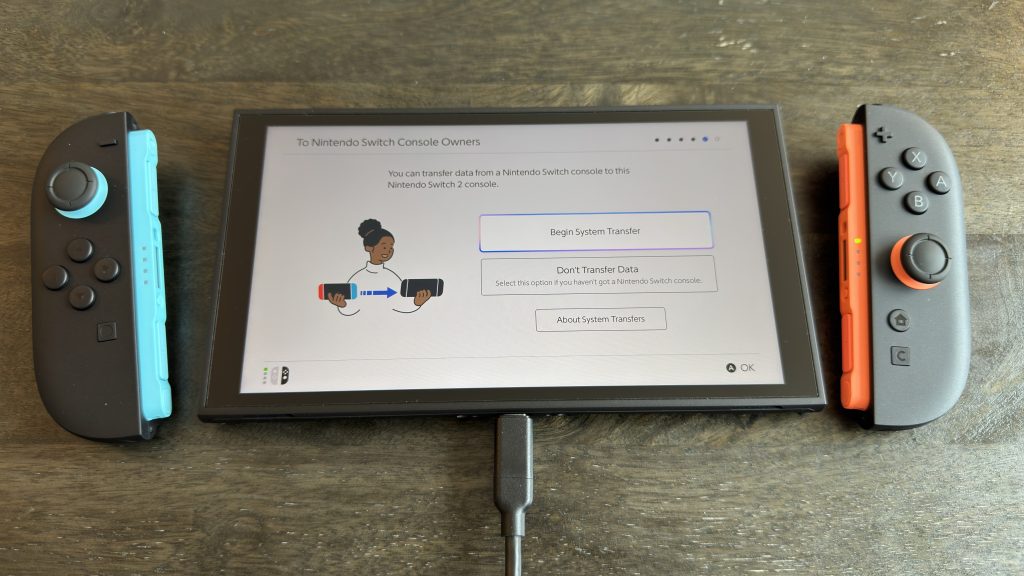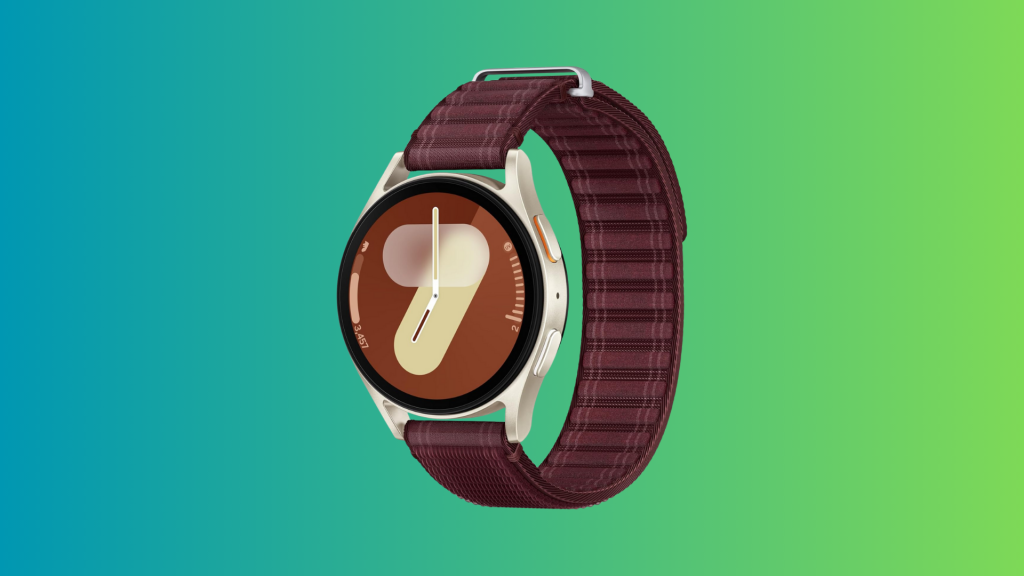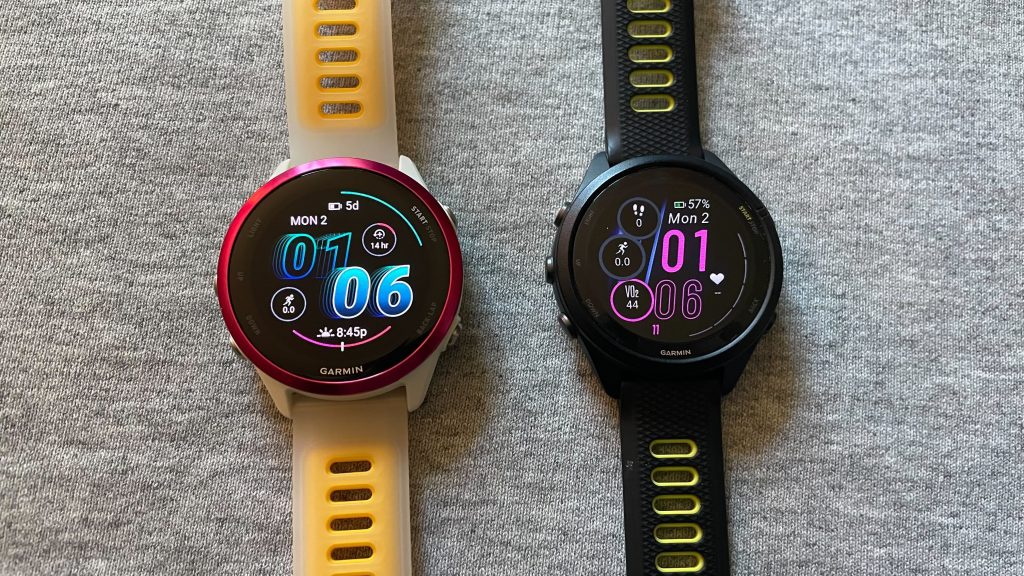Now Reading: Can hypnosis really treat hot flashes?
-
01
Can hypnosis really treat hot flashes?
Can hypnosis really treat hot flashes?

The use of hypnosis for medical and psychological purposes dates back centuries. In the 18th century, Austrian physician Franz Anton Mesmer believed “mesmerism” to be caused by an invisible fluid between the subject and the therapist. The practice was used to alter the perception of pain in surgical patients, and help people with psychological issues.
Today hypnosis is understood to be a subjective state in which perception or memory can be evoked by suggestion. While our understanding of hypnotism has evolved, the practice is still a useful tool for both medicine and psychology. Modern day hypnotism has been used in battling addiction, provide relief from chronic pain, and most recently reducing the occurrence of hot flashes.
Most women begin the menopausal transition, when the production of estrogen and progesterone declines and menstruation stops, between ages 45 and 55. Because of the shift in hormone levels, women can experience hot flashes before and during menopause. The sudden sensation of heat, sweating, anxiety, and chills can be debilitating. (Read more about what happens during menopause.)
Researchers and practitioners argue that hypnosis could provide an alternative to hormone-driven therapies that can be expensive and come with their own risks. While it might sound far-fetched, studies of hypnosis treatment for hot flashes exist. Most of the research on behavioral interventions for menopause symptoms focuses on clinical hypnosis and cognitive behavioral therapy (CBT), but researchers at Baylor University wanted to dig deeper. In a 2025 scoping review, they found that compared to CBT, hypnosis was more effective in reducing both their frequency and severity.
Here’s a look at the science behind hypnosis treatment for hot flashes—what it entails and how it might actually work.
(Was this hypnotic health craze an elaborate hoax or a medical breakthrough?)
What causes hot flashes—and how are they treated?
To treat hot flashes, “I think it’s first important to consider what causes hot flashes in the first place,” says Gary Elkins, lead author of the review study and clinical psychologist at Baylor University in Waco, Texas. “It’s not just the estrogen decline that causes a hot flash.”
When a woman has a hot flash, there’s a dysregulation in core body temperature. Core body temperature is regulated by the hypothalamus in the brain. “During the menopause transition, there are many different hormonal changes that the hypothalamus is misperceiving as heat, so when a woman has a hot flash she has sweating that is designed to cool her down,” explains Elkins.
More well-known and readily prescribed treatments are hormone replacement therapy (HRT) and hormone-free medications like veozah, gabapentin, and clonidine. HRT works by increasing hormone levels, while the hormone free-medications target brain cells and other pathways involved in hot flashes. The North American Menopause Society also recommends CBT as an effective non‐hormonal treatment.
Hypnosis and hot flash triggers
Elkins and his colleagues scoured the literature for studies on both hot flashes and CBT. Across 23 studies, the team found that after the first week of hypnosis practice, there was a decline on average of about 30 percent. By the fourth week, the decline in frequency was by 70 percent. CBT didn’t seem to perform as well.
So what might be happening in the brain to cut hot flashes down? Elkins and his colleagues suspect that when a woman goes under hypnosis and hears the post-hypnotic suggestions, the hypothalamus perceives coolness and the frequency of hot flashes begins to decline.
Stress and anxiety are other major triggers of hot flashes, so as women practice hypnotic relaxation, the effects carry over to when the woman isn’t doing the hypnosis, providing a way to regulate the stress response or the autonomic nervous system.
Elkins emphasizes the importance of consistency. “It’s not like I will hypnotize you one time and hot flashes will go away. It doesn’t work that way, because you’ve got to reinforce and re-experience the coolness—it’s the mind-body connection.”
You May Also Like
What hypnosis therapy looks like
Mary Cahilly, a mental health and wellness therapist, has already incorporated hypnosis for hot flashes in her offerings at Canyon Ranch, a wellness resort in Lenox, Massachusetts.
There’s a formula to hypnotism that practitioners use, and it typically begins with recalling something pleasant. “When we have a pleasant memory, our body relaxes because the limbic part of the brain doesn’t understand the difference between a thought and reality,” explains Cahilly. Then the muscles progressively relax and that leads to the official trance process.
“In the case of hot flashes,” says Cahilly, “When you’re in the trance, it’s a feeling like you’re in control of your body, that there’s coolness, a sense of freedom and lightness.” A post-hypnotic suggestion is offered toward the end so that the woman can easily return to this state of coolness and relaxation during a hot flash.
Hypnosis as an alternative treatment
Many of the medications currently available to treat hot flash symptoms can cause side effects, ranging from inconvenient, like dry mouth and eyes, stomach upset, and drowsiness, to more serious like increased liver enzymes that can be a sign of liver damage. Because hypnosis has nothing to do with fixing estrogen levels, it doesn’t come with side effects, and that’s part of the appeal.
Estrogen levels never return to their original levels after menopause, but hot flashes eventually go away because the hypothalamus begins to again regulate body temperature. “It is believed,” Elkins speculates, “that with the practice of hypnosis, the process of regulation is occurring earlier on.”
There’s also the issue of accessibility and cost—veozah has a monthly cost of roughly $550, while hypnosis can be accessed through an evidence-based digital therapeutic app created in partnership with Elkins, or an array of other apps like HypnoBox or EverCalm. While in-person hypnosis with therapists like Cahilly can cost upwards of $250, sessions can be recorded and used at home.
Is hypnosis all about wishful thinking?
Elkins acknowledges the fraught relationship between women and healthcare, and that historically women have been dismissed or told their symptoms are all in their head. For Elkins and his team, it was important to explore whether the change hypnosis causes in hot flashes was due to belief. “What we found was that it didn’t matter if you believed in it, or you didn’t believe in it,” he says.
While hypnosis is a mind-body therapy, and has similarities with mindfulness or relaxation techniques, Elkins’ research shows that CBT does not decrease the frequency or severity of hot flashes. Neither do mindfulness practices. “They can both decrease how much it bothers a person, but there’s little or no change in the hot flashes,” he notes.
Is hypnosis simply a placebo effect?
But researchers can’t rule out a placebo effect—the idea that your brain can convince your body that a treatment works and heal your body’s symptoms. “Some hypnosis researchers actually call hypnosis a super placebo,” says Michael Lifshitz, assistant professor of social and transcultural psychiatry at McGill University. “Your brain has the power to dramatically change itself through the power of suggestion.”
While this might sound similar to wishful thinking, it’s not. “Placebo is not about what you think. It’s not a mind cure. It’s not positive thinking. It’s not expectation, and it’s not faith or belief,” explains Ted Kaptchuk, a professor of medicine at Harvard Medical School.
The important thing to note, according to Lifshitz, is that placebos can actually change your body’s processes. “There’s all kinds of mind-body connections that are not just subjective—your subjective experience actually affects the capacity of your body in a lot of tangible ways.” When it comes to hypnosis for physical symptoms like hot flashes, Lifshitz thinks it’s better to reframe our thinking: “Let’s embrace the power of the mind over the body and that hypnosis is a way of harnessing that power.”
In a 2020 study, Kaptchuk investigated the efficacy of an open-label placebo (OLP) treatment for menopausal hot flashes—meaning, the patients were fully aware that they weren’t taking medication. “These patients are desperate after failed medications and doctor appointments. They are not expecting to get better,” he says. The study found that OLP treatment was both safe and effective.
The exact mechanism behind placebo is complex, but with his research, Kaptchuk is hoping to understand its benefits. “Placebos don’t cure tumors. They don’t cure malaria. They only turn down symptoms that the body creates itself,” he explains. Symptoms, like hot flashes, are the nerves and neurons in the body saying that something is happening, “but your brain sees something more, turns up the volume, and you get bad hot flashes.”
Even if the placebo effect drives the effectiveness of hypnosis in treating hot flashes, it’s likely not a problem for patients. As Elkins puts it, “if woman can see the research and evidence that hypnosis helps, it improves the frequency severity of hot flashes, they don’t really care what you want to call it.”






















